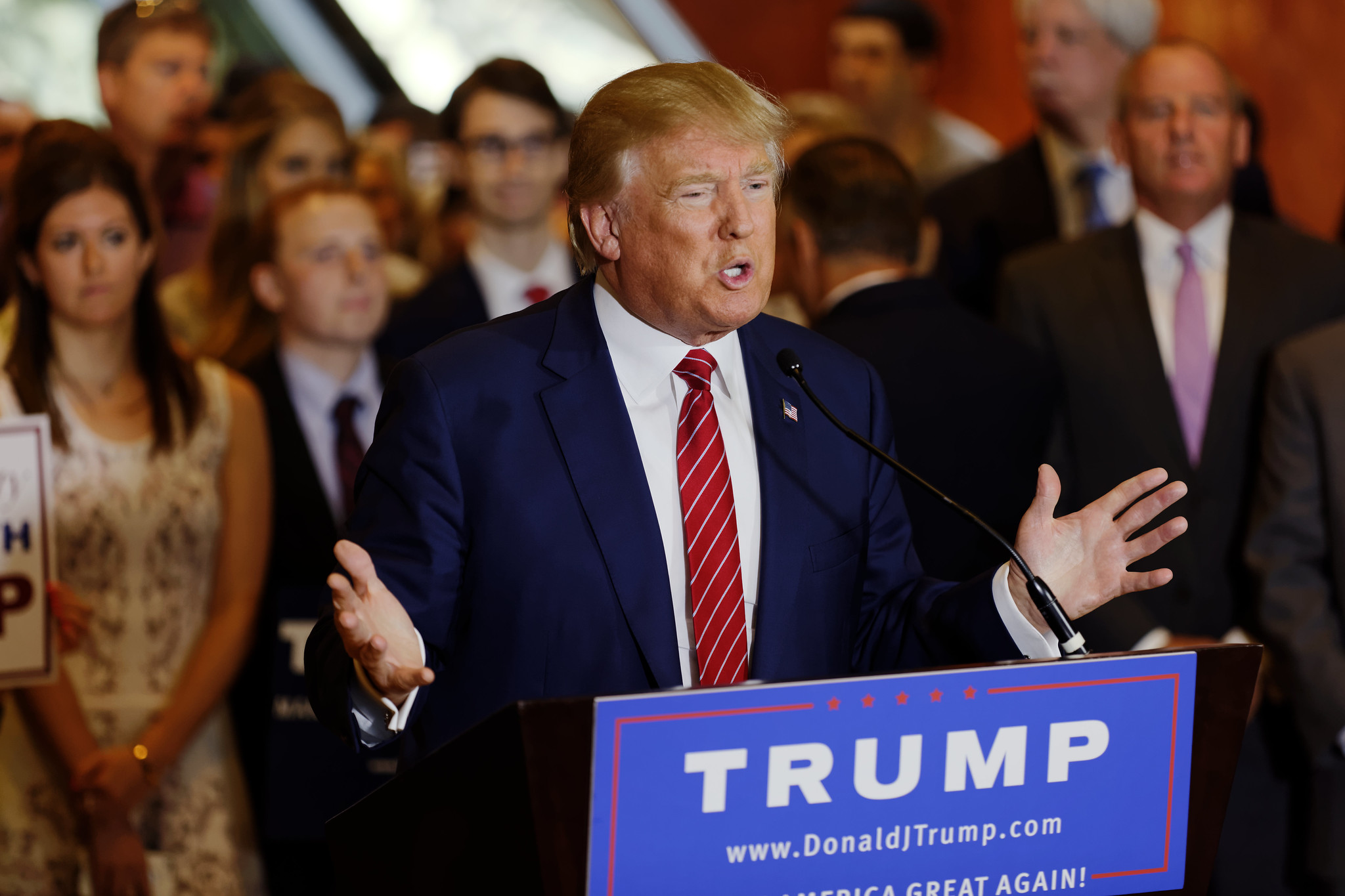For any president not named Donald Trump, Tuesday would have been a major face-palm day. He accused the more than 70% of American Jews who vote for Democrats of lacking knowledge and being disloyal. Later, he quoted a conspiracy theorist who claimed that Israelis love the president “like he was the second coming of God,” a reference usually reserved for the Messiah.
The president also cancelled a trip to Denmark after the prime minister of that country said that talk of selling Greenland to the United States was an “absurd discussion.” That led Kevin Drum to conclude that the president is not well.
Can we finally start talking publicly about Trump’s mental state? This is the action of a child, not an adult in full control of his faculties. Everyone aside from Trump understood that his Greenland compulsion was a sign of cognitive regression in the first place, and this episode demonstrates that it was no passing fantasy. Trump took it seriously enough to treat Frederiksen’s comments as just another incitement to a feud with a political enemy.
The man is not well. I don’t care what you want to call his condition, but he’s not well.
If you need more confirmation that Drum is right, look at how the president has decided to pick a fight with this country’s automakers. It all started about a year ago when the Trump administration announced its plans to roll back President Obama’s fuel efficiency standards, which required automakers to “nearly double the average fuel economy of new cars and trucks to 54.5 miles per gallon by 2025, cutting carbon dioxide pollution by about six billion tons over the lifetime of all the cars affected by the regulations, about the same amount the United States produces in a year.”
The proposed rule from the Trump administration also eliminated states’ rights to set their own standards. As Coral Davenport noted at the time, the rollback met with some steep opposition.
The administration’s plans immediately faced opposition from an unusual mix of critics — including not only environmentalists and consumer groups but auto-industry representatives as well as individual states — who are now launching efforts to change the plan before it is finalized.
In addition to opposition from the auto industry, the rollback faced criticism from manufacturers of auto parts and components, while the fossil fuel industry remained silent.
Before the new rule went into effect, the state of California passed its own standards that essentially mirrored the Obama rules. Nineteen states have vowed to challenge the Trump administration in court. So as Davenport and Hiroko Tabuchi reported on Tuesday, automobile companies are lining up to abide by California’s standards, and the president is throwing a bit of a hissy fit.
The White House, blindsided by a pact between California and four automakers to oppose President Trump’s auto emissions rollbacks, has mounted an effort to prevent any more companies from joining California.
Toyota, Fiat Chrysler and General Motors were all summoned by a senior Trump adviser to a White House meeting last month where he pressed them to stand by the president’s own initiative, according to four people familiar with the talks.
But even as the White House was meeting with automakers, it was losing ground. Yet another company, Mercedes-Benz, is preparing to join the four automakers already in the California agreement — Honda, Ford, Volkswagen and BMW — according to two people familiar with the German company’s plans.
Mr. Trump, described by three people as enraged by California’s deal, has demanded that his staff members step up the pace to complete his plan.
This is truly a bizarre scene. We have grown used to corporations pushing politicians to roll back federal regulations on their industries. But here we have a president, whose rule is supposed to do just that, getting into a fight with the very corporations his efforts are supposed to help.
Would it surprise you to learn that the efforts of this White House to pressure automakers into compliance are hampered by a lack of expertise?
In the Trump administration, three senior political officials working on the rollback, a complex legal and scientific process, have all left the administration recently. A senior career official with years of experience on vehicle pollution policy was transferred to another office.
That means the process is now being run by Francis Brooke, a 29-year-old White House aide with limited experience in climate change policy before moving over from Vice President Mike Pence’s office last year. Given the lack of experienced senior staff members, people working on the plan say it is unlikely to be completed before October.
So they have a 29-year-old with almost no experience leading the charge against the forces that have aligned against this move. But here’s the kicker.
Late last month, in the days immediately after the deal between California and the four automakers was announced, White House discussions ranged widely about how to respond.
At one White House meeting, Mr. Trump went so far as to propose scrapping his own rollback plan and keeping the Obama regulations, while still revoking California’s legal authority to set its own standards, according to the three people familiar with the meeting. The president framed it as a way to retaliate against both California and the four automakers in California’s camp, those people said.
That little snippet tells you all you need to know about the president. This has nothing to do with policy, deregulation, or even his climate denialism. He separates the world into those who are loyal to Donald Trump and those who aren’t. Anyone in the latter category is targeted for retaliation, with the presidency bastardized as his weapon of choice. Drum was right. He is not well.



